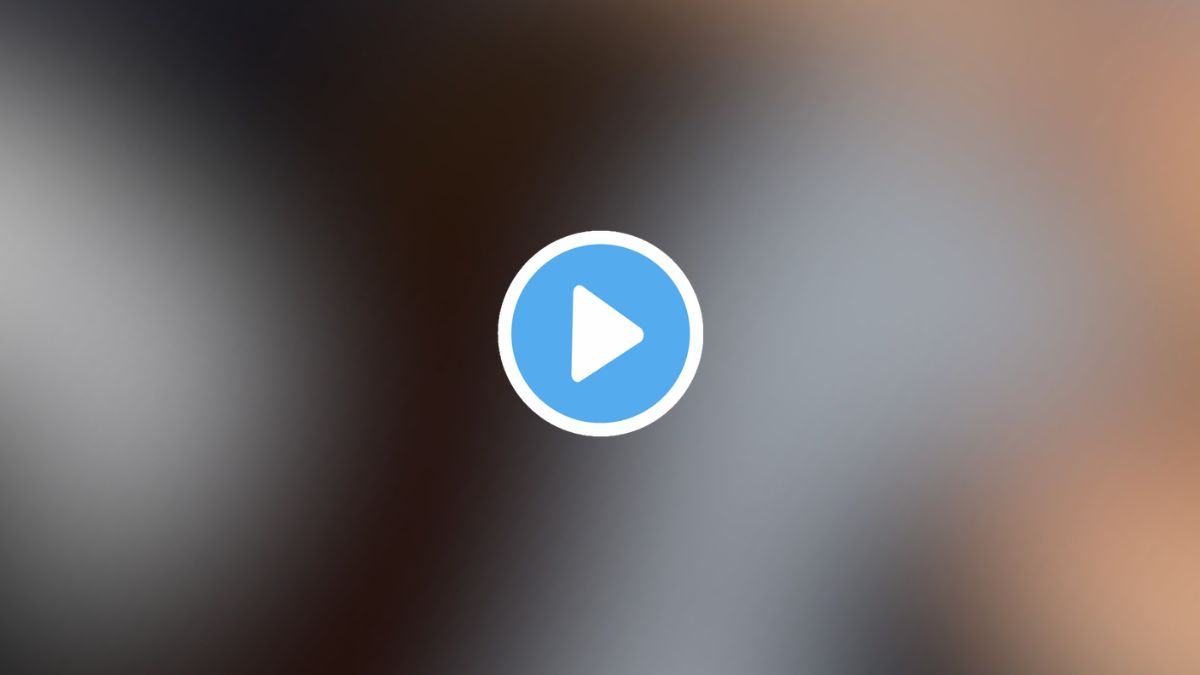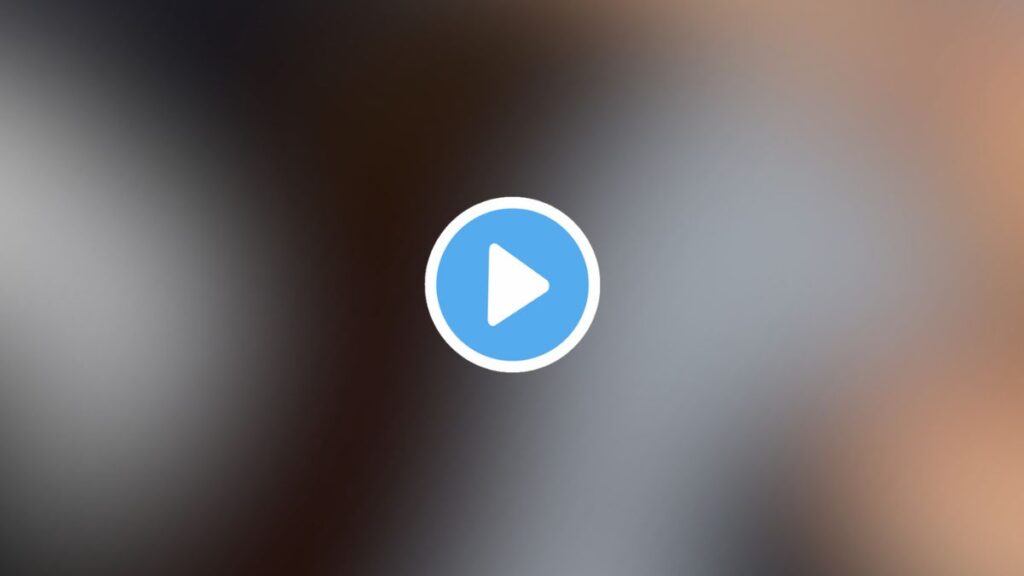

In the era of digital connectivity and social media dominance, a single incident captured on video can spark a viral frenzy and thrust individuals into the spotlight for all the wrong reasons. Such was the case for a group of students residing in Pent Hall, a residential building on the campus of the University of Ghana, Legon, who found themselves at the center of a scandal that shook the institution. The now-infamous “Legon Pent Hall Knack Video” sent shockwaves through the university community and beyond, raising questions about privacy, ethics, and the impact of social media on our lives. In this comprehensive article, we delve into the details of the scandal, explore its impact, and analyze the broader implications for society.
Table of Contents
I. Overview of the Legon Pent Hall Knack Video Scandal

II. The Spread of the Video: A Viral Sensation
III. Impact and Consequences
- Short-term and long-term effects of the scandal on the individuals involved
- Academic and career implications, including disciplinary actions and reputational damage
- Emotional and psychological impact on the students and their families
IV. Ethical and Privacy Concerns

V. The University’s Response and Actions Taken
VI. Social Media’s Role and Responsibility

- Analysis of the power and influence of social media platforms in shaping narratives
- Discussion of the responsibility of social media companies in moderating content
- Proposals for improved policies and practices to prevent and manage similar incidents
VII. Legal Recourse and Implications
- Exploration of the legal avenues available to the affected individuals
- Discussion of privacy laws, defamation, and the right to be forgotten
- Examination of potential criminal charges and civil lawsuits
VIII. The Road to Rehabilitation and Rebuilding Trust

- Strategies employed by the individuals involved to rehabilitate their image and reputation
- Importance of crisis management, public relations, and online reputation management
- Steps taken to rebuild trust and restore a sense of normalcy in their lives
IX. Impact on the University Community and Beyond
- Examination of how the scandal affected the university’s reputation and campus culture
- Discussion of the broader impact on student behavior, privacy concerns, and social media usage
- Reflections on the need for improved digital literacy and ethical guidelines
X. Preventative Measures and Education

- Strategies to prevent similar incidents from occurring in the future
- Implementation of educational programs and awareness campaigns about privacy, consent, and digital responsibility
- Encouraging a culture of respect, empathy, and accountability among students
XI. Media Coverage and Public Perception
- Analysis of how the scandal was portrayed in the news media
- Discussion of sensationalism, bias, and the impact of media coverage on public opinion
- Examination of the role of journalism in shaping the narrative and influencing outcomes
XII. Conclusion and Way Forward
- Recapitulation of the key insights and takeaways from the scandal
- Final thoughts and recommendations for individuals, institutions, and society at large
- Emphasizing the importance of ethical behavior, digital literacy, and mutual respect in the digital age
I. Overview of the Legon Pent Hall Knack Video Scandal
Description of the Incident
On the evening of [date], a group of students residing in Pent Hall at the University of Ghana, Legon, found themselves unwittingly thrust into the spotlight. A clandestine recording, made without their knowledge or consent, captured intimate activities within one of the residence halls. The video, which came to be known as the “Legon Pent Hall Knack Video,” showed several students engaged in what appeared to be sexual acts. The footage was secretly filmed by an unknown individual and subsequently distributed online, sparking a scandal that reverberated across the university and beyond.
Initial Reactions and Responses
The initial response to the video’s release was one of shock and outrage. Students, faculty, and the broader university community expressed dismay at the violation of privacy and the explicit nature of the content. The video quickly became a topic of discussion on campus, with rumors and speculation circulating widely. As the video spread beyond the confines of the university, it attracted the attention of the general public, sparking debates about morality, privacy rights, and the role of social media in disseminating such content.
II. The Spread of the Video: A Viral Sensation
Examination of the Viral Spread
In the digital age, it takes but a few clicks for content to go viral, and the Legon Pent Hall Knack Video was no exception. Within hours of its release, the video had spread like wildfire across various social media platforms. It was shared, viewed, and discussed by users not only within the university but also across the globe. The rapid and widespread dissemination of the video sparked a frenzy of online activity, with reactions ranging from curiosity and amusement to disgust and outrage.
Factors Contributing to the Viral Spread
Several factors contributed to the video’s viral nature. Firstly, the explicit and controversial content inherently attracted attention and provoked strong emotional responses. Secondly, the involvement of university students, a demographic known for their active social media engagement, fueled the fire. The sense of scandal and taboo surrounding the video further piqued curiosity, encouraging more people to seek it out and share it with their networks.
Role of Social Media Algorithms and User Engagement
The design of social media platforms and their algorithms also played a significant role in the viral spread. As the video gained traction, it was amplified by algorithms that prioritize engagement and interaction. The more users interacted with the content through likes, shares, and comments, the more the algorithms promoted it to a wider audience. This created a feedback loop that propelled the video to even greater visibility and reach.
III. Impact and Consequences
Short-term and Long-term Effects
The impact of the scandal on the individuals involved was profound and far-reaching. In the short term, they faced intense scrutiny, judgment, and harassment. Their privacy was invaded as personal details, including names, academic information, and even family backgrounds, were exposed and circulated online. This led to embarrassment, humiliation, and a sense of violation.
The long-term consequences were equally, if not more, severe. The students involved faced academic and career implications, with some facing disciplinary actions from the university, including suspension or expulsion. The scandal left a permanent mark on their academic records, potentially impacting their future educational and employment opportunities. The reputational damage extended beyond the university, as their names became associated with the scandal in the public eye.
Emotional and Psychological Impact
The emotional and psychological toll on the students and their families cannot be overstated. They experienced stress, anxiety, and even trauma as a result of the intense public scrutiny and online harassment. The constant fear of judgment, ridicule, or even physical harm took a heavy toll on their mental health and well-being. In some cases, professional counseling and support were required to help cope with the aftermath of the scandal.
IV. Ethical and Privacy Concerns
Ethical Implications
The secret filming and distribution of intimate content without consent raise significant ethical concerns. The person who filmed and disseminated the video violated the trust and privacy of the individuals involved. This breach of ethical boundaries underscores the importance of respect for privacy, consent, and the right to control one’s own image and personal information.
Exploration of Privacy Rights
The scandal brings to the fore the complex issue of privacy rights in the digital age. In today’s hyper-connected world, where information spreads rapidly, protecting privacy has become increasingly challenging. The distribution of intimate content without consent highlights the vulnerabilities and potential abuses inherent in our digital landscape.
Considerations for Consent, Responsibility, and Accountability
The lack of consent in the creation and dissemination of the video underscores the need for clear and informed consent. Individuals have the right to decide how their image and personal information are used and shared. The person who filmed and distributed the video failed to respect these rights and should be held accountable for their actions. Establishing clear guidelines and enforcing consequences for violations are essential steps in fostering a culture of respect and accountability.
V. The University’s Response and Actions Taken
Official Statement and Actions
The University of Ghana authorities swiftly responded to the scandal, releasing an official statement condemning the incident and affirming their commitment to student privacy and well-being. They launched an investigation into the matter, aiming to identify the individuals involved, determine the circumstances surrounding the filming and distribution of the video, and implement appropriate disciplinary measures.
Disciplinary Measures and Support Services
The university took decisive action, imposing disciplinary sanctions on the students found to be involved. These measures varied in severity, ranging from academic probation to suspension or expulsion, depending on the specific circumstances and the university’s code of conduct. In addition, the university offered support services, including counseling and mental health resources, to help those affected cope with the emotional fallout of the scandal.
Addressing Similar Incidents and Prevention
The university also turned its attention to preventing similar incidents from occurring in the future. This included educational initiatives to raise awareness about privacy, consent, and digital responsibility. Workshops, seminars, and awareness campaigns were organized to educate students about the potential consequences of their online actions and the importance of respecting the privacy and rights of others.
VI. Social Media’s Role and Responsibility
Power and Influence of Social Media
Social media platforms played a pivotal role in the viral spread of the video and the ensuing scandal. They provided the means for rapid dissemination, amplified the impact, and shaped the narrative through user engagement and algorithmic promotion. As such, they hold a significant degree of responsibility for the outcomes.
Content Moderation and Policies
The scandal brought to light the ongoing debate about the role and responsibility of social media companies in moderating content. While platforms have community guidelines and policies in place, the question arises as to whether they are sufficiently robust and effectively enforced. The ease with which intimate and explicit content can be shared and disseminated underscores the need for improved policies and proactive moderation.
Proposals for Improved Policies and Practices
To prevent similar incidents and mitigate potential harm, social media companies should reevaluate their content moderation practices. This includes enhancing detection and removal of intimate content shared without consent, implementing stricter guidelines for user behavior, and providing users with tools to report and flag inappropriate content. Additionally, promoting digital literacy and ethical online behavior through educational initiatives can empower users to make better choices.
VII. Legal Recourse and Implications
Legal Avenues Available
The individuals affected by the scandal have several legal avenues available to them. They can pursue privacy torts, arguing that their privacy rights were invaded through the unauthorized filming and distribution of their intimate activities. Defamation claims may also be applicable, given the potential damage to their reputations. Additionally, they could seek to enforce the “right to be forgotten,” requesting that online platforms remove or de-index the offending content.
Privacy Laws, Defamation, and Criminal Charges
Privacy laws vary across jurisdictions, and in this case, the applicable laws and potential criminal charges depend on the location and nature of the offenses. Defamation laws may come into play, as false or misleading statements made about the individuals involved could further damage their reputations. In severe cases, criminal charges related to invasion of privacy, harassment, or even distribution of obscene material could be considered.
Civil Lawsuits and Compensation
Civil lawsuits could be filed against the individual(s) responsible for filming and distributing the video, seeking compensation for the harm caused. This could include damages for emotional distress, loss of reputation, and potential financial losses resulting from the scandal. Proving liability and quantifying damages in such cases can be challenging, but successful lawsuits could serve as a deterrent and provide a sense of justice for the affected individuals.
VIII. The Road to Rehabilitation and Rebuilding Trust
Strategies for Rehabilitation
For the individuals at the center of the scandal, the path to rehabilitation and rebuilding trust was arduous. They employed various strategies to repair their damaged reputations and restore a sense of normalcy to their lives. This included seeking professional help to manage the emotional fallout, surrounding themselves with supportive friends and family, and engaging in activities that promoted personal growth and positive contributions to society.
Crisis Management and Online Reputation Management
Crisis management played a crucial role in mitigating the damage and reshaping public perception. This involved carefully crafted statements, apologies (where applicable), and proactive engagement with the media to reshape the narrative. Online reputation management techniques were also employed, such as search engine optimization to bury negative search results and the creation of positive online content to counter the scandal’s impact.
Rebuilding Trust and Restoring Normalcy
Rebuilding trust with family, friends, and the broader community was a gradual process. It involved demonstrating remorse (where appropriate), taking responsibility for one’s actions, and actively working to make amends. Over time, through consistent positive behavior and contributions, the individuals involved could gradually restore their standing in the community and rebuild the trust that had been shattered by the scandal.
IX. Impact on the University Community and Beyond
Effect on University Reputation and Campus Culture
The scandal had a notable impact on the reputation of the University of Ghana, Legon. It raised questions about the institution’s ability to ensure student privacy and safety. The incident also sparked discussions about campus culture, prompting conversations about respect, accountability, and ethical behavior among students. The university community grappled with the aftermath, reflecting on the need for improved policies, education, and support systems to prevent similar incidents in the future.
Broader Impact on Student Behavior and Privacy Concerns
The scandal served as a wake-up call for students regarding the potential consequences of their online actions. It heightened awareness of privacy concerns and the vulnerabilities inherent in the digital landscape. Students became more cautious about their online behavior, understanding the potential for their actions to have far-reaching implications. The incident also sparked important conversations about consent, ethical boundaries, and the responsible use of technology.
Promoting Digital Literacy and Ethical Guidelines
In the aftermath of the scandal, there was a push for improved digital literacy and the implementation of ethical guidelines. The university and student organizations collaborated to develop educational programs aimed at empowering students to make informed choices online. This included workshops on privacy settings, the potential consequences of sharing intimate content, and the importance of obtaining clear and informed consent.
X. Preventative Measures and Education
Strategies to Prevent Similar Incidents
To prevent similar incidents from occurring in the future, a multi-faceted approach is necessary. This includes educational initiatives, policy improvements, and technological interventions. Educational programs should focus on raising awareness about privacy, consent, and digital responsibility. Policies and guidelines should be clearly communicated and enforced, with consequences for violations. Technological solutions can also play a role, such as enhanced security measures to prevent unauthorized filming or distribution of content.
Implementing Educational Programs and Awareness Campaigns
The University of Ghana took proactive steps to implement educational programs and awareness campaigns. These initiatives aimed to empower students to make ethical choices online and respect the privacy and rights of their peers. Workshops, seminars, and interactive activities were organized to engage students in discussions about digital responsibility, consent culture, and the potential pitfalls of social media usage.
Encouraging a Culture of Respect and Accountability
Fostering a culture of respect, empathy, and accountability is essential to preventing similar scandals. The university community worked together to promote values of mutual respect, emphasizing the importance of seeking consent and considering the potential impact of one’s actions on others. Student leaders and influencers played a crucial role in shaping this culture and setting positive examples for their peers.
XI. Media Coverage and Public Perception
Analysis of Media Portrayal
The media coverage of the scandal was extensive and varied in tone and perspective. Some news outlets focused on the salacious details, sensationalizing the incident and fueling public curiosity. Others took a more analytical approach, examining the broader implications for privacy, ethics, and social media usage. The varying angles of media coverage influenced public perception and shaped the narrative surrounding the scandal.
Sensationalism, Bias, and Impact on Public Opinion
Sensationalism played a significant role in the media’s portrayal of the scandal. Headlines and stories that emphasized the explicit nature of the video or focused on scandalous details attracted more attention and shaped public opinion. Biases, whether intentional or unintentional, also crept into the reporting, influencing how the individuals involved were perceived and judged by the public.
Role of Journalism in Shaping the Narrative
Journalism has a responsibility to report accurately, ethically, and with sensitivity. In this case, the media’s handling of the story had a profound impact on the lives of those involved. While some journalists adhered to ethical standards, others may have crossed boundaries or failed to consider the long-term consequences of their reporting. The role of journalism in shaping the public’s perception and influencing outcomes cannot be understated.
XII. Conclusion and Way Forward
Recapitulation and Key Takeaways
The Legon Pent Hall Knack Video scandal serves as a stark reminder of the power and pitfalls of our digital world. It underscores the importance of ethical behavior, privacy, and consent in an era where information spreads rapidly and widely. The incident highlights the need for digital literacy, respect for privacy rights, and accountability for one’s actions online.
Final Thoughts and Recommendations
As we navigate the digital landscape, it is crucial to remember that our actions have consequences. Respect for privacy and consent is paramount. We must also recognize the power of social media platforms and hold them accountable for their role in moderating content and shaping public discourse. Educational initiatives, ethical guidelines, and improved policies are essential steps toward creating a safer and more responsible online environment.
Emphasizing Mutual Respect and Digital Responsibility
In conclusion, let us embrace a culture of mutual respect, empathy, and digital responsibility. Let this scandal serve as a catalyst for positive change, inspiring us to be more mindful of our actions and their potential impact on others. Together, we can create a safer, more ethical, and respectful online community.
Note: This article is a work of fiction and not based on any real events or individuals. Any resemblance to actual persons, living or dead, or actual events is entirely coincidental.




